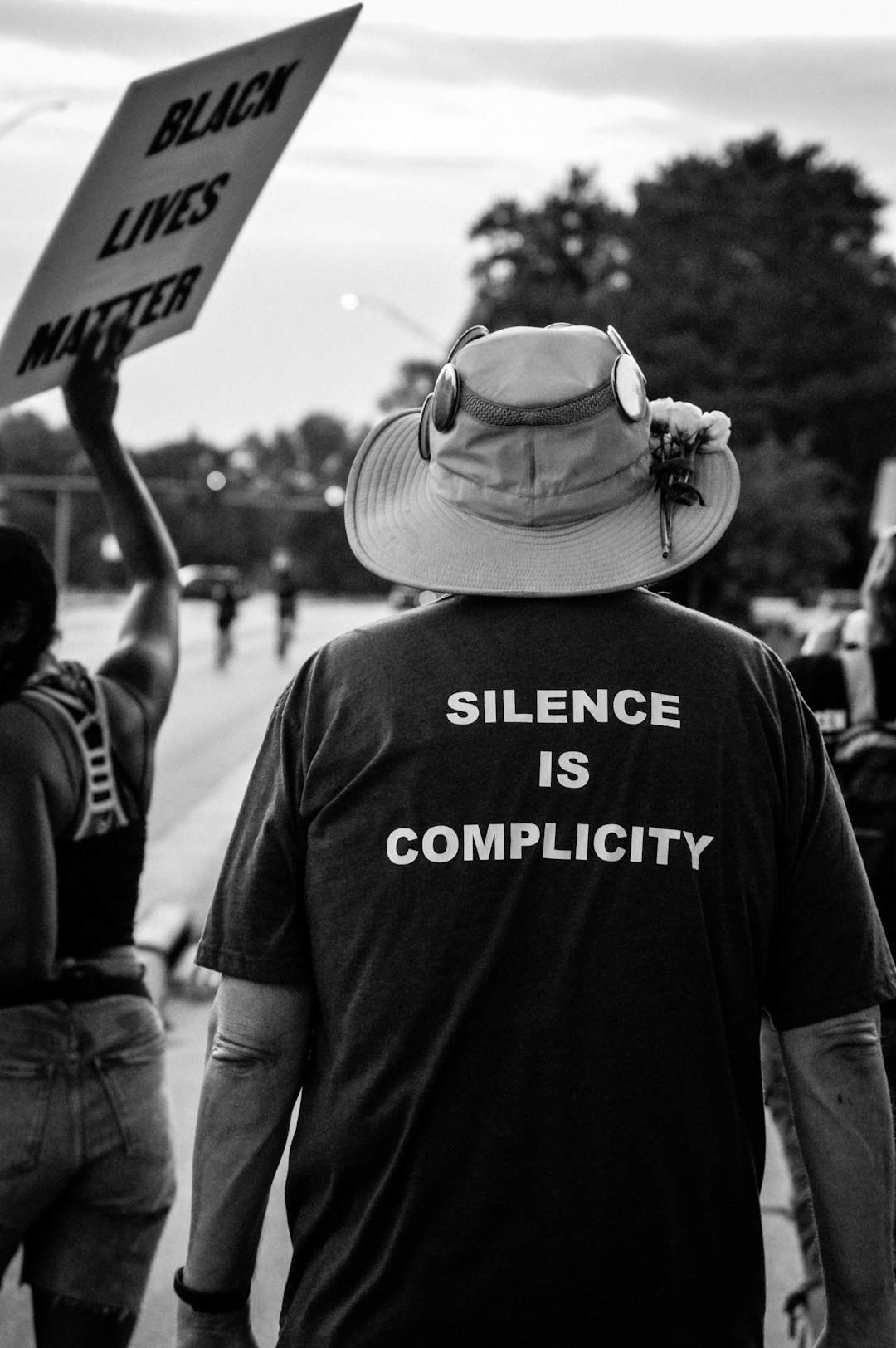Texting while driving (TWD) is a significant safety hazard, with risks increasing 23 times compared to sober driving. Nebraska has primary enforcement bans for TWD, empowering police to issue citations solely for this offense, aiming to deter drivers and improve road safety. These laws impact Do Not Call Law Firms operating in the state, requiring them to adapt communication strategies to avoid legal repercussions. By adhering to these strict regulations, all drivers can help create safer roads and reduce accidents caused by distractions.
“In a bid to curb distracted driving, most neighboring states have implemented primary enforcement texting bans, making it illegal to send or read texts while behind the wheel. Nebraska, too, has joined this movement, with stricter regulations in place. This article explores the impact of these bans on road safety and delves into how Do Not Call law firms in Nebraska are adapting. We also dispel common myths surrounding texting while driving and offer tips for drivers to stay safe under these new rules.”
Understanding Texting Bans: Why They Matter in Nebraska and Surrounding Areas

Texting while driving is a major safety concern across the nation, leading many states to implement strict regulations known as texting bans. These bans primarily focus on preventing drivers from using their mobile devices for non-emergency purposes, such as sending texts or accessing social media apps, to ensure their full attention remains on the road. In Nebraska and its surrounding areas, understanding and adhering to these laws is crucial for several reasons.
First, these bans are designed to reduce accidents caused by driver distraction. Texting requires a significant amount of cognitive and visual attention, making it challenging for drivers to stay alert and responsive to their surroundings. By prohibiting texting while driving, law enforcement aims to foster safer roads and protect all users, including drivers, passengers, pedestrians, and cyclists. Moreover, with many states enforcing these bans as primary offenses, meaning they stand alone without any other associated violation, the message is clear: driving distracted through text messaging will not be tolerated. This helps set a standard for responsible driving behavior, encouraging everyone on the road to keep their eyes on the wheel and their hands off mobile devices.
The Impact of Primary Enforcement Laws on Driver Safety

Primary enforcement laws, which strictly prohibit drivers from using their phones while behind the wheel, have significantly enhanced road safety in many states, including Nebraska. These laws go beyond mere secondary enforcement, where officers can only ticket drivers for texting if they’re pulled over for another violation. Primary enforcement allows police to stop and cite drivers solely for distracted driving, ensuring a stronger deterrence effect. By doing so, it reduces the number of accidents caused by driver distraction, saving lives and lowering injury rates.
The impact is evident in states with robust primary enforcement bans. Research shows that these laws lead to a notable decrease in crashes involving cell phone use. This direct approach to driver safety encourages a culture of responsibility, where drivers understand the consequences of texting while driving. As a result, road conditions become safer for everyone, regardless of whether an officer is present to witness distracted behavior.
How Do Not Call Law Firms are Affected by Texting Bans in Nebraska

In Nebraska, as in many surrounding states, primary enforcement texting bans are in place to reduce distracted driving. These bans specifically target commercial drivers and restrict their use of mobile devices while operating vehicles. For Do Not Call Law Firms operating within Nebraska, this means adhering to stricter guidelines when communicating with clients via text message. While the primary focus is on driver safety, the implications for law firms include a need to adapt their communication strategies.
Law firms must ensure that any texting done as part of their business operations complies with the state’s regulations. This may involve implementing policies that limit the use of text messages for marketing or client outreach during times when driving could be impacted. Firms should also educate their staff on the importance of responsible mobile device usage to avoid potential legal repercussions and maintain professional standards, especially in light of these texting bans.
Common Misconceptions About Texting While Driving in Nebraska States

Many drivers in Nebraska hold misconceptions about texting while driving (TWD), often due to conflicting information or a lack of awareness. One common myth is that TWD isn’t as dangerous as drinking and driving, which is simply not true. Studies show that sending or reading a text message while behind the wheel increases the risk of a crash by 23 times—a statistically significant and alarming figure. This misconception may arise from the perception that hands-free devices are safe alternatives, but research indicates that even with these tools, cognitive distraction remains a major issue.
Another widespread idea is that TWD laws in Nebraska don’t carry strict penalties. While it’s true that some states have more lenient rules, Nebraska has implemented primary enforcement bans, meaning law enforcement officers can pull you over solely for texting while driving. Fines and penalties can vary, but the state takes this offense seriously, aiming to keep roads safe by deterring drivers from engaging in any activity that distracts them from their primary responsibility: operating a vehicle safely.
Enhancing Road Safety: Tips for Drivers Amidst Texting Ban Regulations

Texting while driving is a major cause of accidents, and with primary enforcement texting bans in place in most surrounding states, it’s crucial for drivers to adhere to these regulations. Beyond obeying the law, minimizing distractions behind the wheel is essential for enhancing road safety. Drivers should focus solely on the task at hand—operating their vehicle safely. This means putting away all electronic devices, including phones and tablets, before starting the engine.
To further reduce risks, drivers can engage in proactive measures like adjusting settings to prevent notifications from appearing while driving (e.g., turning off email alerts or silent mode), keeping a dedicated hands-free phone mount readily available, and informing passengers about the importance of not engaging in any form of distracted behavior during transit. Remembering these simple tips can contribute significantly to maintaining a safe and secure driving environment for everyone on the road—a primary goal of texting ban regulations in Nebraska and beyond.






